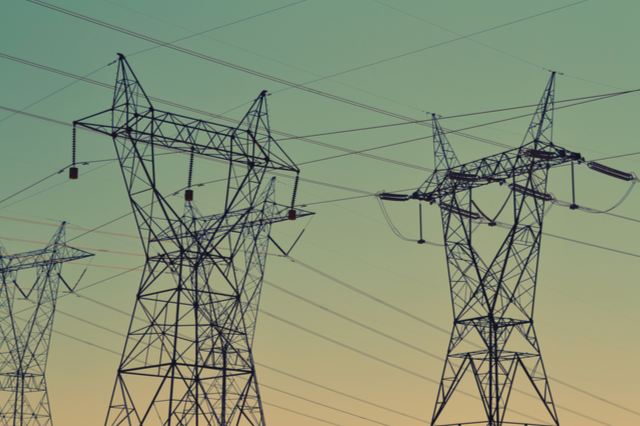Nairobi – The capital of Ethiopia’s Tigray region has been reconnected to the national power grid after more than a year of cuts caused by war, the electricity operator said on Tuesday.
The announcement came a month after a peace deal between the federal government and Tigrayan rebels aimed at ending the brutal two-year conflict and humanitarian crisis in northern Ethiopia.
The power control centre in Mekele and its line were “connected to the national power grid after repair work was finished”, Ethiopian Electric Power said in a statement.
Access to and communications in Tigray are limited or banned and it is impossible to independently verify the situation on the ground.
Humanitarian aid has trickled into the north since the agreement but remains well short of meeting the population’s acute needs.
Prime Minister Abiy Ahmed sent troops to Ethiopia’s northernmost region in November 2020, accusing the local governing party, the Tigray People’s Liberation Front (TPLF), of attacking federal army camps.
ALSO READ | Aid into Ethiopia’s Tigray ‘not matching needs’, says WFP
The war spread to the neighbouring regions of Afar and Amhara and drew in Eritrean forces, leaving Tigray devastated and lacking access to basic services including banking, electricity, fuel and communications for more than a year.
On November 2, the government and the TPLF signed an agreement in South Africa aimed at ending the hostilities, withdrawing and disarming Tigrayan fighters, restoring federal government authority and reopening access to the region.
The peace deal does not explicitly mention restoring electricity and telecommunications in Tigray, but its terms are gradually being applied and the fighting has ceased.
Ahmed told Ethiopian lawmakers last month the authorities had begun to restore telecommunications and electricity in some areas affected by the conflict.
The casualty toll of the war is unclear, but the International Crisis Group think-tank and Amnesty International have described it as one of the bloodiest in the world.
All sides have been accused of abuses, while the United Nations says more than two million Ethiopians have been displaced and hundreds of thousands are in extreme food insecurity.
‘Forces that don’t want peace’
The commander-in-chief of the Tigray rebels, General Tadesse Worede, has said 65 percent of his forces have “disengaged” from battle lines and “moved to designated places”.
But he added that there were still “forces in the areas that don’t want peace”, apparently referring to Eritrean soldiers and other regional Ethiopian militias.
Tigrayan authorities in recent weeks have regularly denounced abuses against civilians allegedly committed by troops from Eritrea, which did not take part in the November peace accord, and regional Amhara forces.
According to the UN World Food Programme, more than 13 million people in northern Ethiopia now depend on humanitarian aid, including more than five million in Tigray, whose population is around six million.
The TPLF had long ruled over the Horn of Africa country before Nobel Peace Prize laureate Ahmed came to power in 2018.
Follow African Insider on Facebook, Twitter and Instagram
Source: AFP
Picture: Unsplash
For more African news, visit Africaninsider.com


